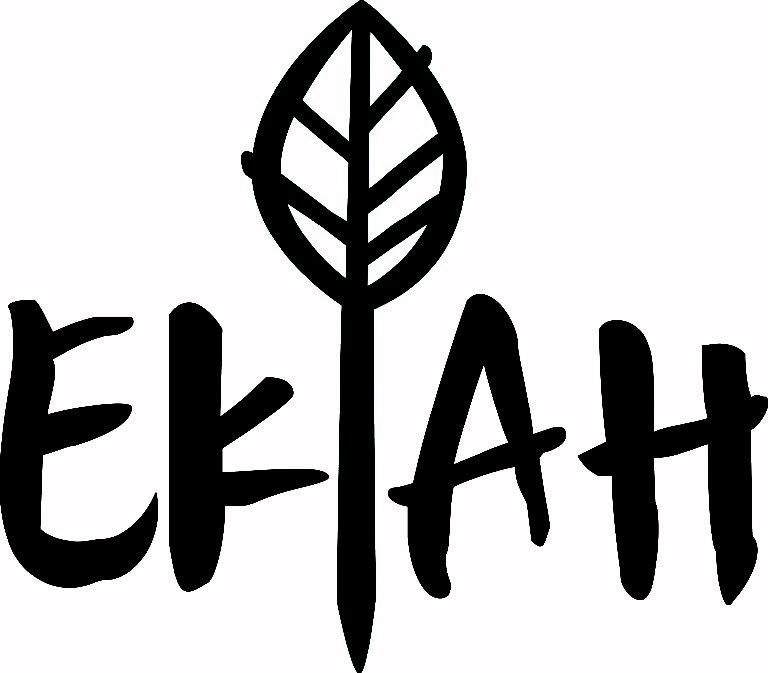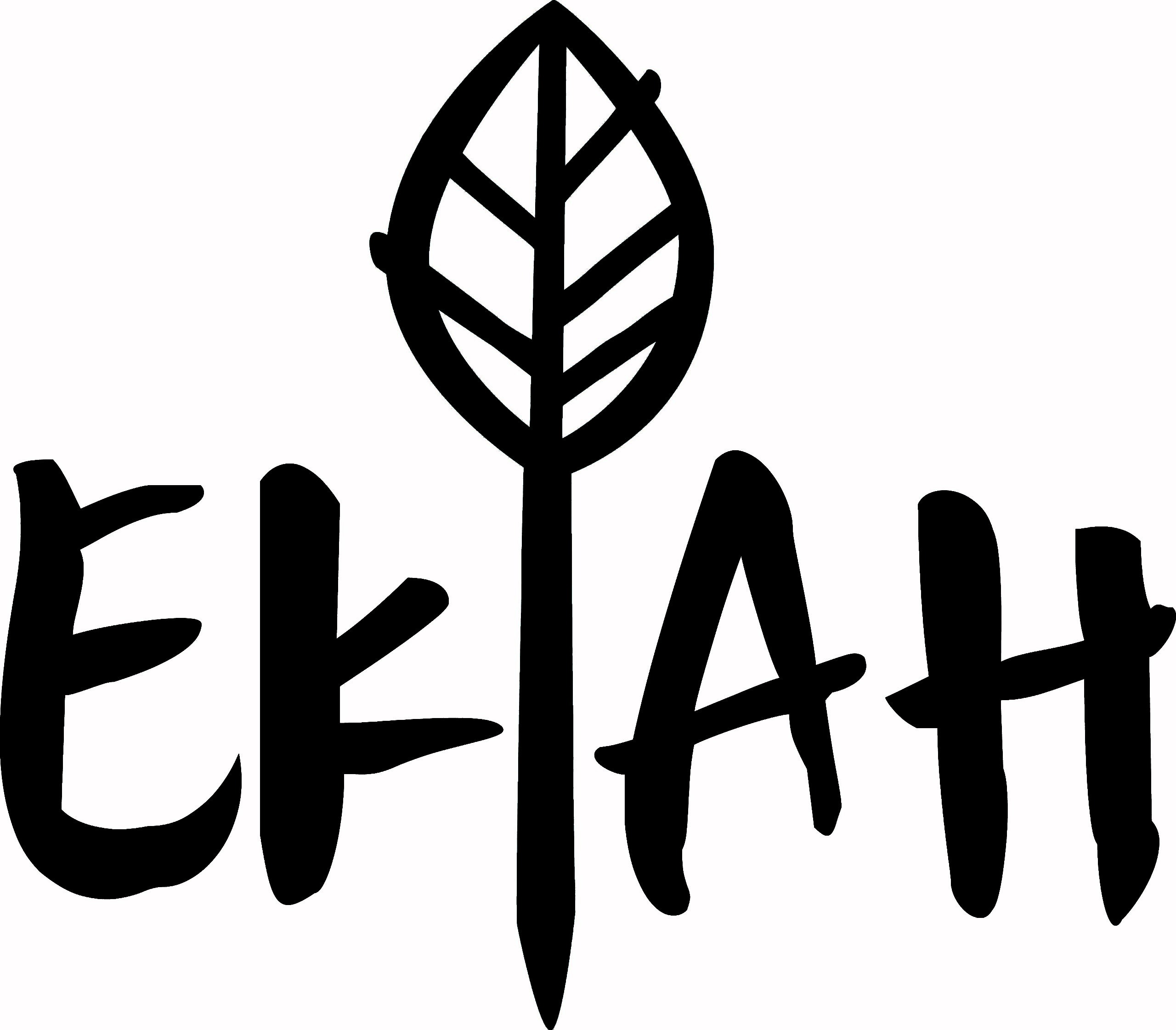Chinese Medicine and Postpartum Stress Incontinence
You’ve made it! You not only grew a human being from a tiny two-celled microscopic fusion to an actual human being over the past 9+ months, you delivered this human being from your womb into this world. You cared for yourself and were cared FOR, quite well, the better half of a year. All the appointments, all the doctors visits, all the what-to-dos and what-not-to-dos that professionals delivered to you during your prenatal time, the prenatal massages, the birth coaches, the….well, all the things! What a great time for self care!
And now, you have a baby! And care transitions to “how do I care for my baby the best way possible?” The pediatric appointments, the lactation consultants, the postpartum doula visits, the sleepless nights making sure your baby is fed, happy and well.
And You… Well, You made it through 9+ months with flying colors and now you’re good to go, right? All recovered and back to “business as usual.” Back to your pre-pregnancy weight, six pack bursting through, energy at a 10 and everything snug and tight and back into place and feeling glorious. Right?
But…for some reason you feel a little lost. “I have a baby now which is all I every wanted in the world and I am so happy. But why do I feel like some weird alien version of myself?” Sleep deprivation aside (because that’s a whopper in and of itself), the things that women are often broadsided with postpartum can seriously impact their quality of life.
And in this critical time period, the care that was so meticulous during the prenatal period and during your delivery takes a sharp plummet leaving you feeling lost, alone, abandoned, exhausted, frustrated, confused and, quite often, in pain.
So, what exactly IS postpartum? Is it the immediate day or two after delivery? Is it a couple of weeks? Is it a month or two?
Well, according to Western Medicine, there are phases of postpartum:
Phase 1: The immediate 6-12 hours after delivery in which major, rapid changes occur. It’s also when medical monitoring continues to ensure there is no postpartum hemorrhage, amniotic fluid embolism or eclampsia.
Then there are the other two phases:
Phase 2: The sub-acute period that lasts between 2-6 weeks. In this phase the body undergoes major changes in hemodynamics, genitourinary recovery, metabolism and emotional status as your body loses a lot of fluids, hormones are rebalancing and your body and mind are shifting.
Phase 3: Delayed postpartum is the period that can last up to 6 months. In this phase there is significant restoration of muscle tone and connective tissue.
It is said that return to pre-pregnant physiology does not occur until at least 6 months after delivery.
It is in the Phase 2 and Phase 3, where such massive physiological changes and restoration are occurring, that our medical system has left women with no road map. “Whelp, we’ve done our part so, good luck, peace out! See you next time around!” Its like preparing for a trip: you got your luggage, your clothes packed, you boarded your flight and landed, safely. And now you find yourself in the African Safari with a carry-on luggage, a copy of Cosmo and a bottle of water. Completely alone and ill-prepared on what to expect and no guide to help you through.
This is a time when continued care is not only important, it is critical and not to be considered an extra benefit. It really is (or should be ) a continuation of the care that you received throughout the previous 9-12 months. It is sort of like going taking the car to be serviced, they change the breaks, maybe rotate the tires, fill the windshield wiper fluid but FAIL to change the oil. Something that is crucial to the overall health of the entire system.
Stress Incontinence (where you sneeze and you dribble a little, or exercise and spring a little leak) has to do with a weakened bladder sphincter. It’s opening and closing mechanism (or malfunction of this mechanism) is one of the major issues women experience with pregnancy and postpartum and something that we find most women are largely unaware of until they experience it.
In one of the largest studies of approximately 40,000 women, 31% of women with their first baby and 42% of women with subsequent babies experienced incontinence (starting around week 30 of pregnancy.) And reports show up to 65% of American women experience incontinence before and after birth.
- Nearly 50% of these women will still have incontinence 6 months after delivery.
- 20% report that stress incontinence is impacting them, socially, showing that this is a big quality of life issue, in which women are feeling forced to restrict themselves from engaging in normal social activities.
- And, for those that still experience stress incontinence at 3 months postpartum, there is upwards of 90% risk that this will still be an issue 5 years later.
Usual care of treatment for these women include:
- PMFT (Pelvic Floor Muscle Training)
- Weight Loss
- Timed Voiding
- Avoiding stimulants such as coffee, chocolate, spicy foods, alcohol, and acidic foods
- If you have urgency then you may be prescribed medications in the form of anticholinergics or Beta-2 blockers.
Most often, women are told to get ultra absorption pads, do some kegels (which are, in fact, very important) and checkin in a few months.
Yikes.
Our goal is to help fill in the gap that is glaringly wide open after the sutures are in, mom and baby are discharged and everyone’s been given a stamp of “good to go”.
Chinese medicine is a remarkable tool to help women recover more quickly, alleviate issues that are common in the postpartum period and help address emotional turbulence that often comes with hormones rebalancing.
This is why our prenatal patients are given a treatment plan that extends past labor and delivery into the 1-2 months or so postpartum.
Chinese Medicine and Acupuncture are remarkable tools, not only to help improve fertility, alleviate symptoms during pregnancy, assist in preparing the body for labor and delivery, but also manage postpartum issues like stress incontinence and restore function of the bladder. Techniques we teach such as moxibustion on specific points 5 minutes a day can yield remarkable results.
What other kinds of postpartum issues does Chinese Medicine help with?
A series of Postnatal Visits help facilitate recovery of the uterus via moxibustion (herbal heat therapy on the lower abdomen), C-section scar treatment, addressing pelvic floor issues, alleviating anxiety and depression as well as urinary incontinence.
The point is, care in the postnatal period is just as crucial as prenatal care. We help our patients navigate pregnancy, pre-labor support and then ensure our patients are cared for in the very important, very vulnerable time postpartum when you need someone the most.
If you or someone you know needs our support, we offer free consultations to ensure we are the right fit for you.
Your Initial Consultation Is FREE. Come meet us in person and learn more.
Or, just call 201-338-0552 and we will be happy to answer your questions!




